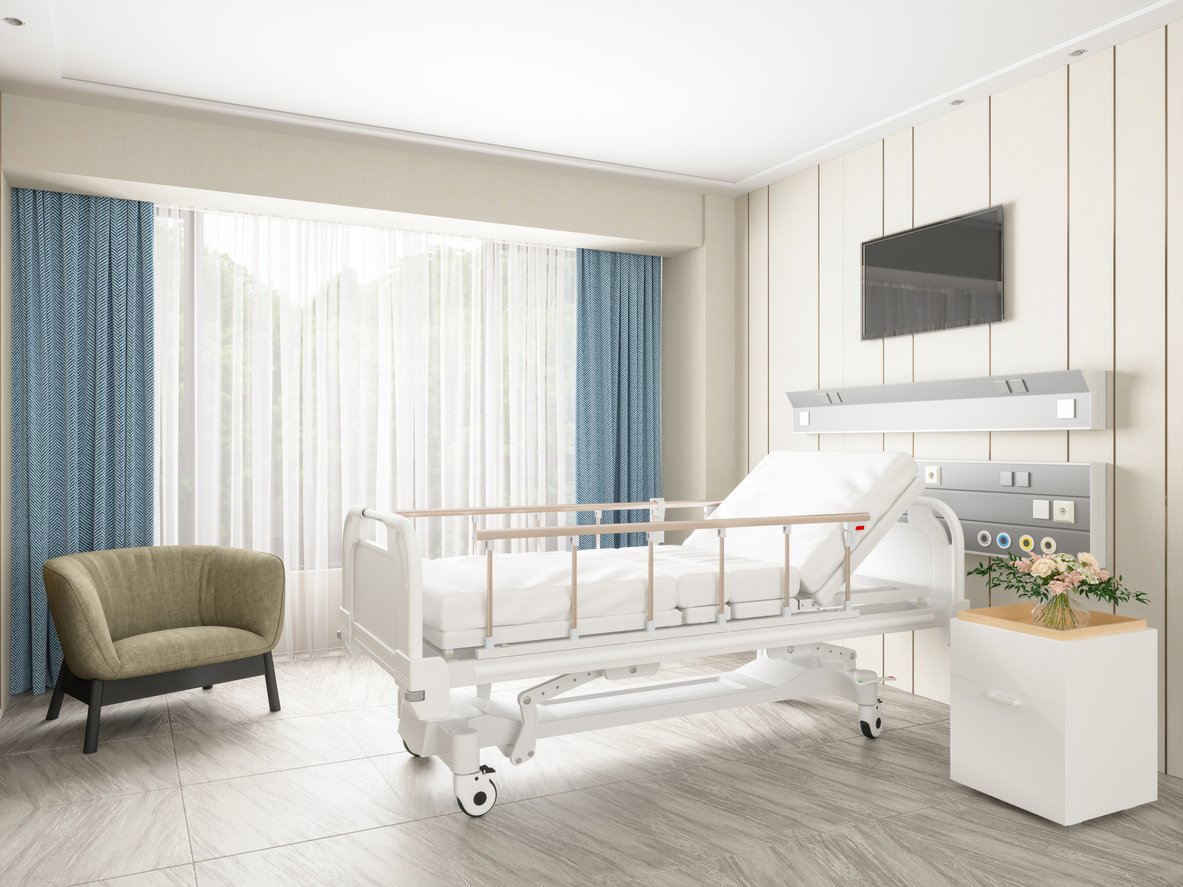The emergence of new technology means hospitals, clinics, and other healthcare facilities face the continuous challenge of upgrading to keep their facilities in top form to provide current state-of-the-art care. When considering new technology, medical personnel quickly grasp the benefits and how it can be used to improve patient outcomes.
However, the specifications, sourcing and installation of this equipment presents a number of unique challenges that may be outside the scope and experience of clinically focused healthcare personnel.
Technology Challenges
The first step is to identify the challenges inherent with the installation of new technology in a facility. Some key aspects to consider include:
- Physical size: How large is the equipment and what are the required dimensions of the treatment room?
- Weight: Is the equipment heavy and does the flooring need to be reinforced?
- Access: What access must be provided for operating personnel, patients and service staff?
- Utilities: What utilities are needed?
- EHR connectivity: Any additional software required?
- Hazards: Are there any specific hazards?
Equipment planners need to identify technology requirements as early as possible.
Equipment Procurement
Equipment procurement issues include the identification of suppliers, negotiations, service contracts and equipment delivery. Equipment planners need to procure ancillary equipment and to establish its installation requirements and costs. They should consider the protection and storage prior to installation because the facility may not have suitable storage areas to accommodate and pre-assemble the equipment before installation.
Project Management
Because equipment installation time frames are usually tight, the project must be professionally managed by equipment planners and/or project managers. This specialist role requires expert knowledge and experience to ensure target dates are met, disruption is minimized and costs are controlled. Delays are costly and unless every single aspect is properly coordinated, they are almost inevitable.
There is a great deal to consider when purchasing new equipment items to support enlarging and expanding healthcare facilities. In all instances, a careful analysis of the technical challenges, equipment procurement and professional execution will help ensure success. Very few facilities employ support personnel who can be dedicated to managing new equipment projects.
To ensure success it is best to seek the services of a healthcare equipment specialist company who are experts in project planning. Before you start planning your new construction, remodel or expansion, talk to us at CME Corp regardless of the size of the project.
About CME: CME Corp is the nation’s premier source for healthcare equipment, turnkey logistics, and biomedical services, representing 2 million+ products from more than 2,000 manufacturers.
With two corporate offices and 35+ service centers, our mission is to help healthcare facilities nationwide reduce the cost of the equipment they purchase, make their equipment specification, delivery, installation, and maintenance processes more efficient, and help them seamlessly launch, renovate and expand on schedule.



